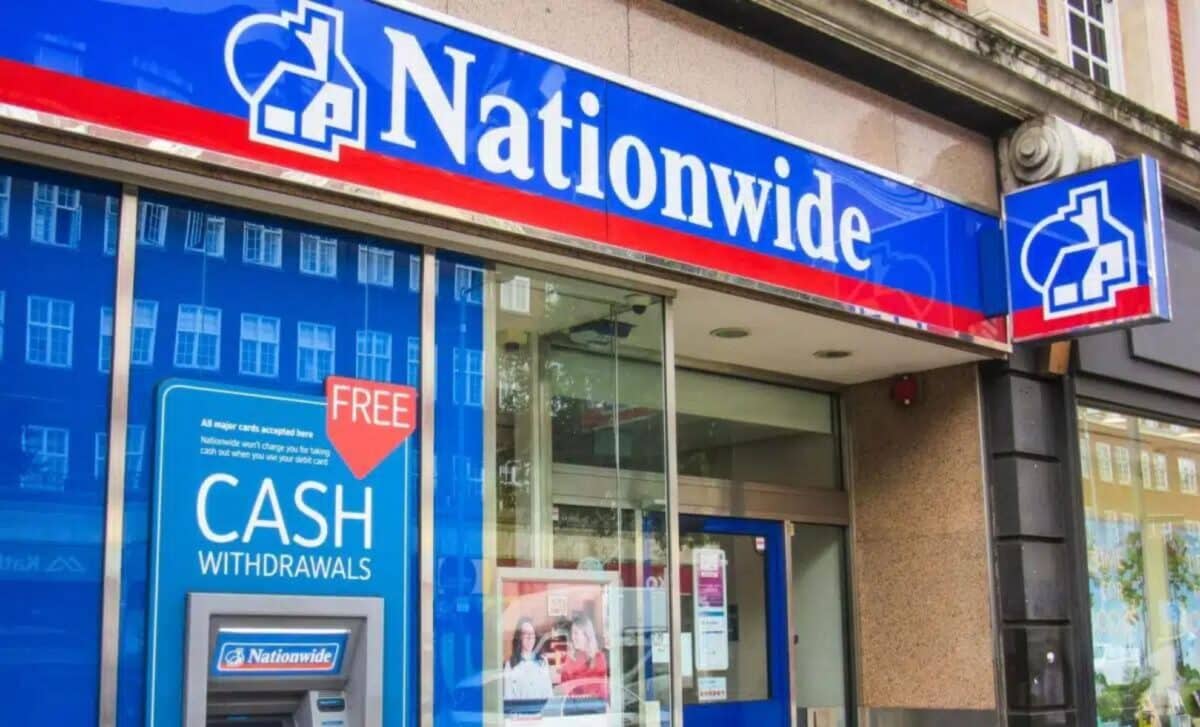Bank customers could be hit with a £100 charge as new fraud rules start today. These changes will let banks add this fee when dealing with fraud cases.
Some banks have already said they won’t do this, but others haven’t confirmed yet. People are also unhappy because the maximum payout for fraud claims has been lowered from £415,000 to £85,000.
The goal is to protect many people in the UK who have been scammed by fraudsters pretending to be from HMRC, lawyers, or even the police, reports Daily Record.
Bank Customers Could Face £100 Charge Under New Fraud Rules
The main idea is to give a safety net to those tricked into sending money to fake accounts. About 200,000 people in the UK fall victim to Authorised Push Payment (APP) scams each year, with total losses reaching around £460 million in 2023. However, introducing a £100 charge for fraud under this amount could mean many victims might not get any compensation at all.
UK Finance data shows that 32 percent of APP fraud cases involve amounts of £100 or less. In the next few days, banks and payment providers that won’t be charging the fee still need to make their policies clear to customers.
TSB, Nationwide, Virgin Money, Clydesdale Bank, Yorkshire Bank, and AIB have told the Financial Times they won’t be charging customers who fall victim to fraud. Meanwhile, NatWest is considering a £100 fee for reimbursements but said: “This [will be] assessed on a case-by-case basis and with regard to the specific circumstances of each customer.”
Metro Bank, along with payment providers Modulr and Zempler, plan to charge the full £100. The new rules say this fee can’t be applied to vulnerable people who are more at risk because of their personal situation.
Nicola Bannister, head of customer support at TSB, said that about a third of their fraud cases involve amounts of £100 or less, often from scams on social media. She pointed out: “£100 can be a lot of money to somebody,” and urged other banks to make their rules about these charges clear.
Rise in Push Payment Fraud Sparks Concerns Among Experts
UK Finance reported a 12 percent rise in push payment fraud cases compared to last year. Under the current voluntary reimbursement scheme, banks have given back £287 million to victims, which is about 62 percent of the total losses.
Rocia Concha, the policy and advocacy director at Which?, spoke out against the change. She warned that lowering the reimbursement cap might “reduce the incentives for banks and payments firms to take fraud prevention seriously.”
She also said: “The regulator has shamefully sidelined scam victims, despite the evidence showing that this decision could have a negative financial and psychological impact on them.”









